This piece was originally published in Motley Volume 17, Issue 5
David Lynch was my primary school classmate, though this David Lynch was Irish, dark-haired, and a couple of months younger than me. I told him once that he shared the name of a famous movie-maker, though we were at an age where the only director I knew was James Cameron, and with my trouble distinguishing him from the then British Prime Minister, David Cameron, David Lynch became ‘the Titanic guy.’ Years later, I came across The Elephant Man on YouTube. The clips I saw terrified me. John Hurt’s portrayal of John Merrick haunted my nightmares, and that final scene of his bedridden asphyxiation felt like I had come across some deformed snuff film. After watching the movie I was again distraught, but this time due to the shame of my judgement towards the character; I was the monster, not him. It moved me, it was the first time I realised that art can evoke such extreme reactions, and it stuck with me for life.
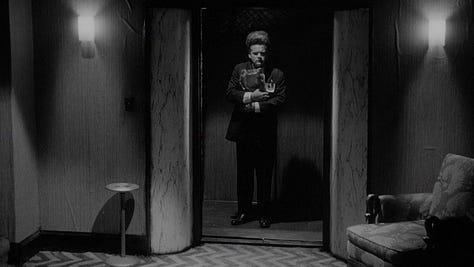
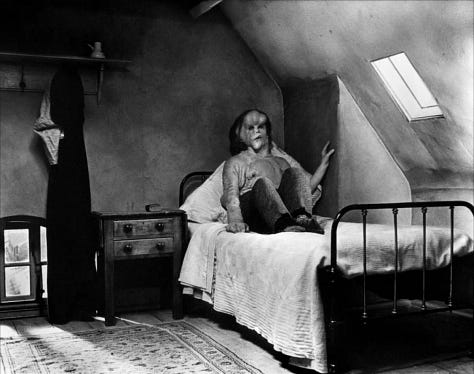

Famous for his surrealist films soaked in dream logic and an obsession with Americana-based dichotomies, Lynch is heralded as one of the most influential filmmakers of all time. Eraserhead, Blue Velvet, and Mulholland Drive are some of his most renowned, although most know Lynch for Twin Peaks, a TV show from 1990 about the murder of a small-town teen, and the mysterious happenings that an FBI detective uncovers whilst trying to solve the question: ‘Who killed Laura Palmer?’ Those who have never seen his films still have Lynch to thank as his influence is widespread, you can see it in shows like Lost, Riverdale, and Desperate Housewives; without Twin Peaks, the format of long-form TV series, like The Sopranos or Breaking Bad, would probably not exist. It’s not just film that he influenced, however. The song ‘Wicked Game’ by Chris Isaak found fame through Lynch’s Palme d’Or winner Wild At Heart, whilst Moby’s career started by sampling Angelo Badalamenit’s ‘Laura Palmer’s Theme’ in his song ‘Go’. Lynch and music go hand-in-hand. His influence has been credited by musicians like Lana Del Rey, Phoebe Bridgers and Bastille. It was the latter that got me into Twin Peaks, as track 11 on their album Bad Blood derives its name from Laura Palmer.
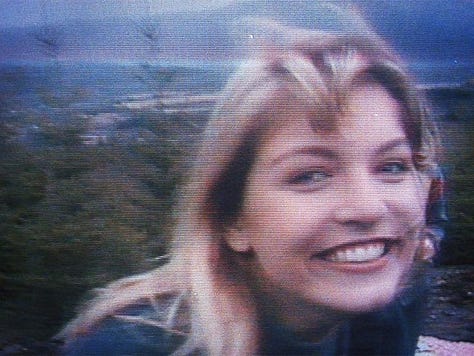
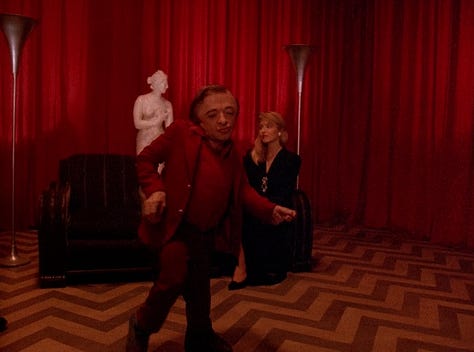
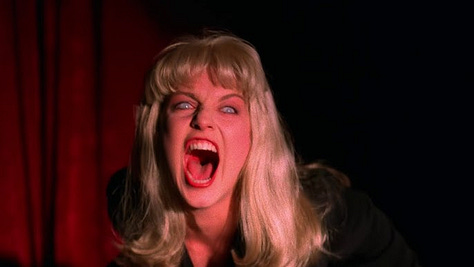
His work was evocative and wholly earnest, David Lynch had a knack for prising out of an actor best performance of their career: Naomi Watts in Mulholland Drive, Laura Dern in Inland Empire, the entire cast of Twin Peaks. He could capture emotion in film unlike any other. Underneath all those beautiful shots of red velvet curtains, rosebeds and blue skies, Lynch possessed a deep understanding of the world, allowing him to see it in all its complexities. His films were as dark and horrific as they were empathetic and funny. He could make you laugh, cry, and cower all from one dreamy image. The brutal violence and sexuality of Blue Velvet and Lost Highway harkens to the evil that lurks in the intimate, and the constant crescendos of emotion in Twin Peaks, that swell with Badalamenti’s iconic score, forces you to always acknowledge the raw, depraved tragedy that is the murder of a young girl. His emphasis on emotion over logic made critics like Roger Ebert originally disregard his work as unintelligible nonsense, though they would eventually relent by the time Mulholland Drive was released, a film I consider my favourite; Mulholland Drive spoke to me in a way few films have.
as 17 years old and had all but officially dropped out of school. My life was a monotonous part-time job, and my only moments of pleasure were my escapades into the dreams I had at night. Vivid, beautiful worlds – lives that would fulfil me more than the dreary life I led. Each of those dreams would ultimately have that moment: the one where I realized the fabrication of my surroundings, leaving me grasping at synapses and falling back to reality. It would be crushing every single time. On a random night, I decided to watch Mulholland Drive. I knew nothing about the movie. Throughout the next two and a half hours, I was transfixed by the dazzling cinematography, the winding narrative that travelled between one-off characters and the main plot, and particularly by Naomi Watts’ performance. It was towards the end of the movie, though, that something felt different; the dream was falling apart. Behind the film was a mirror that reflected myself back at me. I saw myself in Watts, not in the ‘Betty’ she had been playing, but ‘Diane Selwyn’, the woman she actually was. Like me, Diane could only find release in her dreams, until even that was not enough anymore. I couldn’t stop crying. After that night, I knew I needed to fix my life, lest I suffer the same faith I witnessed. To some extent I believe that without Mulholland Drive, without David Lynch, I would not be where I am today – if I’d even be here at all. It was a buoy in the ocean that had flooded my existence, and I grasped it tightly.
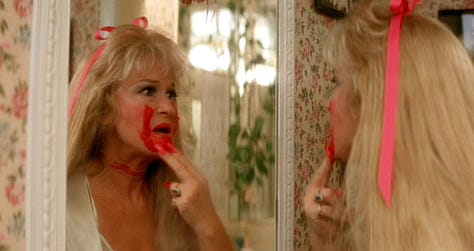

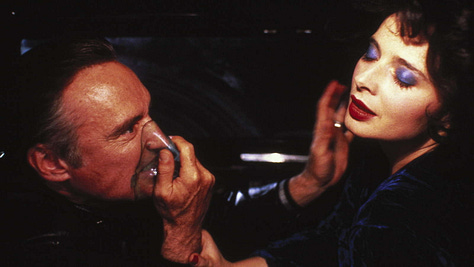
The recent news of David Lynch’s emphysema-related passing left me paralyzed for an hour. For a brief moment, I felt like Diane Selwyn again. For years I dreamed of speaking to David, telling him everything that I’ve written here. I imagined his distinct, Jimmy Stewart-esque voice, saying my name, telling me how happy he was for the profound effect his art had on me. I knew he was old, but part of me thought I’d have the ‘future’: I’d find myself in LA and just so happen to bump into him at some diner, or maybe meet up at his brutalist house (seen in Lost Highway) for an interview. But that never happened. It’s an embarrassing admission, but I sometimes saw Lynch as a grandfather figure – my paternal grandfather died before my birth, my maternal one was briefly in my life before he too passed, the fact that I never met Lynch didn’t ruin this fantasy. It’s a bit ironic then that my imagined grandfather, a man famous for his use of doppelgangers, copied my real ones with his emphysema. I wish he hadn’t died so soon, as I’m sure many do. He was one of the greatest minds of our time, but for me, it’s for my own selfish reason: I just wanted to thank him for being this figure throughout my life. I wish I had found his email, or contacted someone he worked with. I thought I had more time…
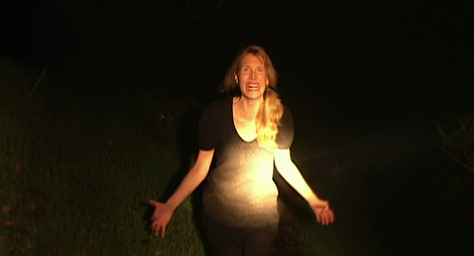

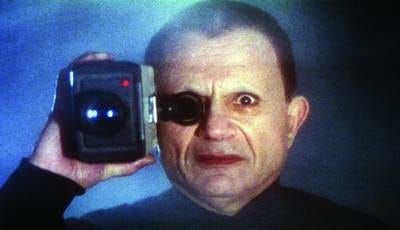
In saying this, though, David spoke incessantly about his love of Transcendental Meditation, and his belief in consciousness lasting beyond life; in a 2008 interview, he compared the experience of living to ‘a guy driving a very old car down to the junkyard, sitting in it for a while, then getting out and walking away.’ It’s a very Lynch way of viewing life, the idea of returning to the pulse is comforting. I hope that wherever David is, whether it be heaven or the Black Lodge, he’s sitting with Laura Palmer, with a limitless supply of coffee and cigarettes, smiling.



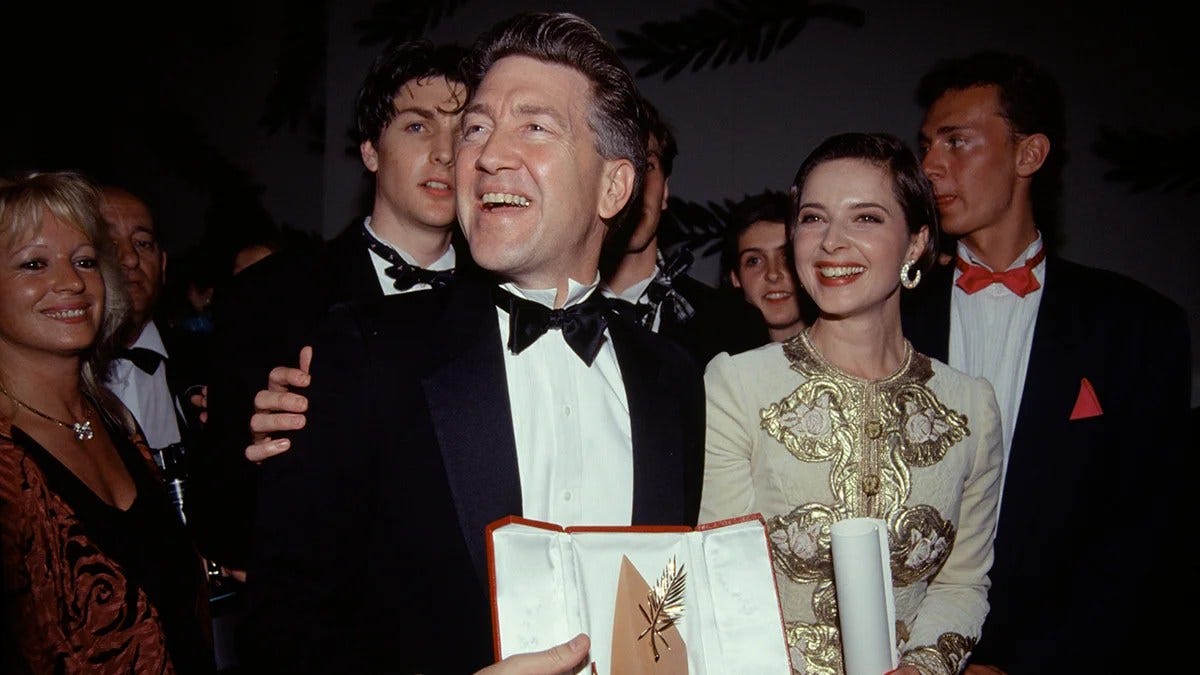
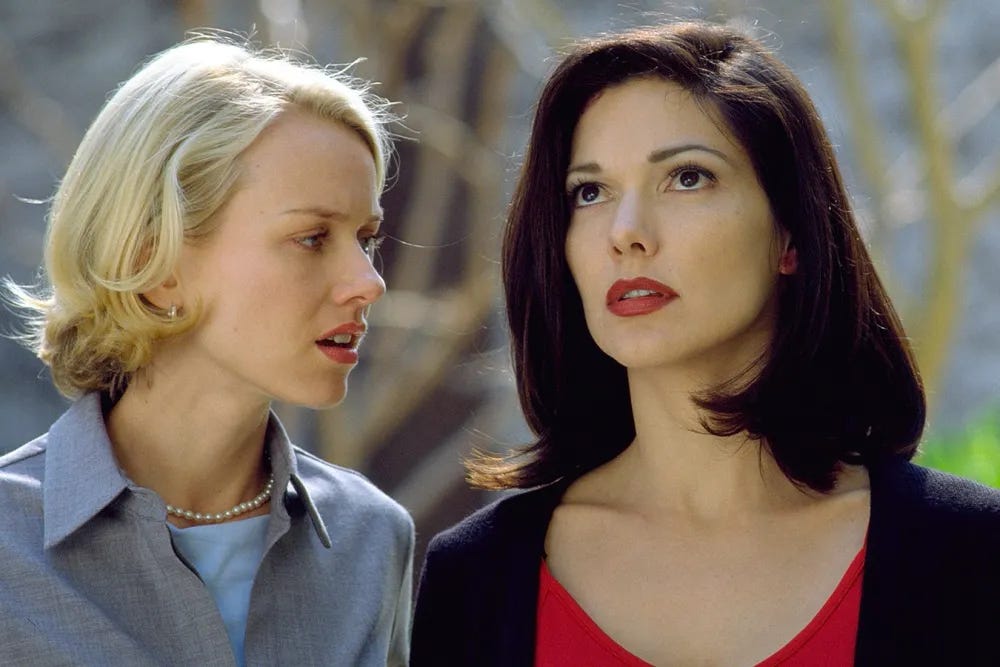

Love the Glanmire David lynch opening
Gosh Lynch captured emotion is such a raw, human way. I only recently caught up to Twin Peaks, but his passing made me so sad, and I think it's because everything he made was so heartfelt, not matter how terrifying.